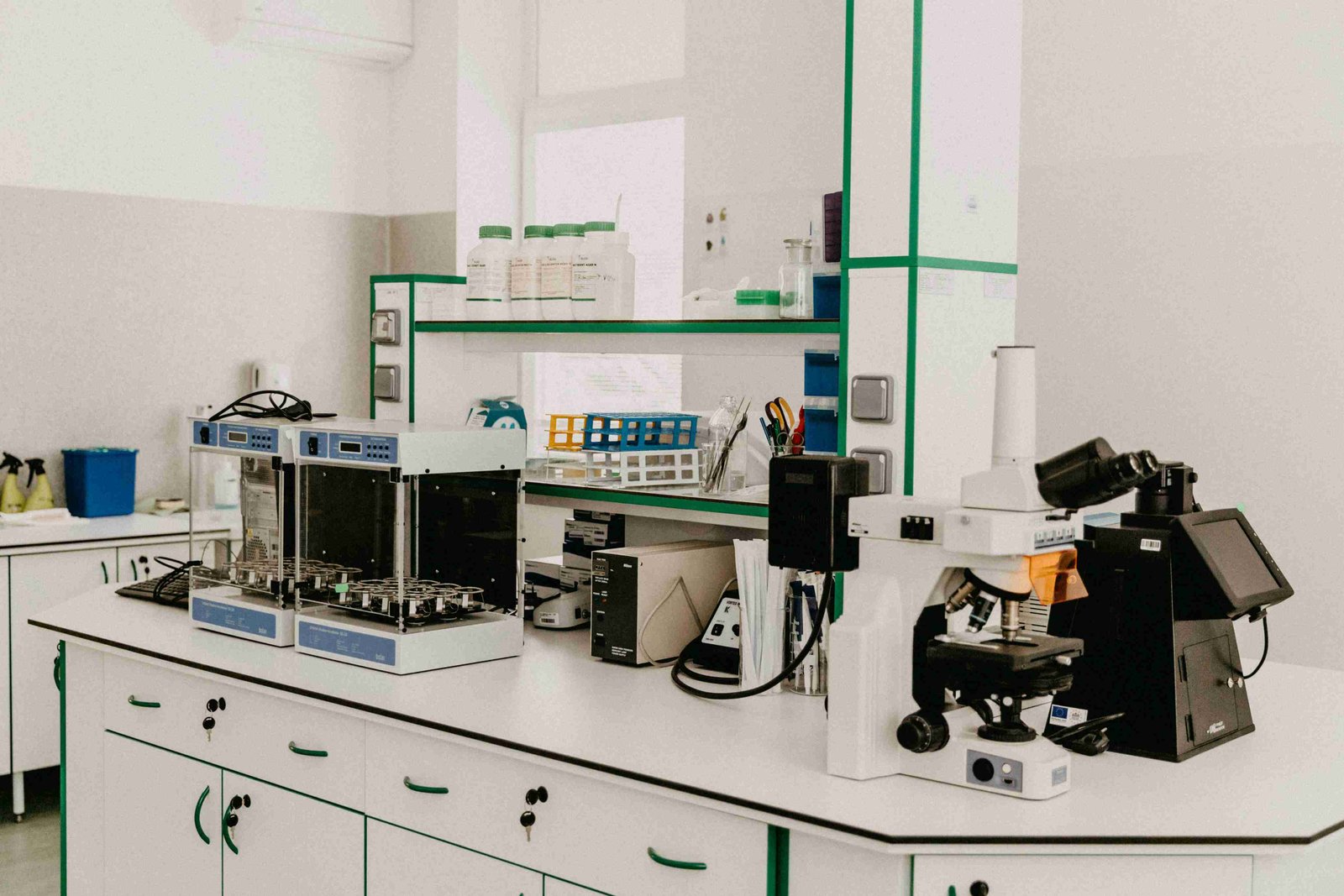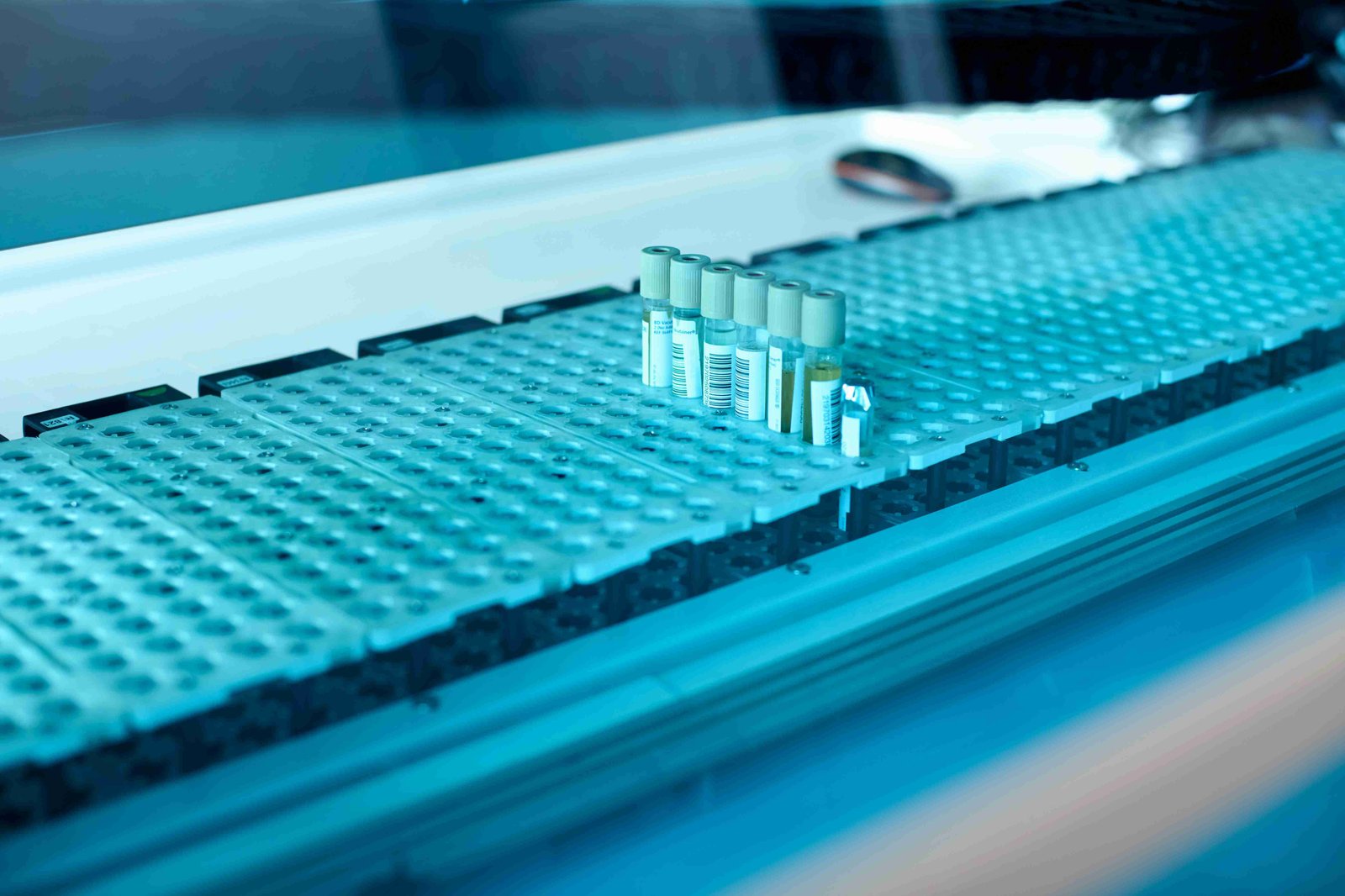Next-Generation Sequencing (NGS):
NGS technologies have revolutionized the field by enabling rapid and cost-effective sequencing of entire genomes, exomes (protein-coding regions of the genome), and transcriptomes (the complete set of RNA transcripts). This has led to significant breakthroughs in:
• Cancer Diagnosis: NGS can identify genetic mutations in cancer cells, allowing for more precise diagnosis and personalized treatment plans. For example, in lung cancer, NGS can identify specific mutations that predict response to targeted therapies.
• Rare Disease Diagnosis: NGS has significantly improved the diagnosis of rare genetic disorders. By analyzing a patient's entire genome, clinicians can identify the underlying genetic cause of the disease, even in cases where the diagnosis has been elusive.
• Infectious Disease Diagnosis: NGS can be used to rapidly identify and characterize infectious agents, such as viruses and bacteria, enabling faster and more accurate diagnosis and treatment of infectious diseases.
2. Liquid Biopsies:
Liquid biopsies, which analyze circulating tumor DNA (ctDNA) in blood samples, are emerging as a powerful tool for cancer diagnosis and monitoring. ctDNA can be detected in the bloodstream of cancer patients, providing valuable information about the tumor's genetic makeup and response to treatment.
• Early Cancer Detection: Liquid biopsies can potentially detect cancer at earlier stages, when treatment options are more effective.
• Monitoring Treatment Response: ctDNA analysis can help monitor the effectiveness of cancer treatments and detect the emergence of drug resistance.
• Minimally Invasive: Liquid biopsies are minimally invasive, requiring only a simple blood draw, making them a more patient-friendly alternative to traditional tissue biopsies.

3. Gene Editing Technologies:
Technologies like CRISPR-Cas9 are revolutionizing our ability to modify genes. While primarily used for research purposes, gene editing technologies hold immense potential for treating genetic diseases.
• Precision Medicine: Gene editing technologies can be used to correct genetic mutations that underlie inherited diseases, offering the potential for personalized and curative treatments.
• Cancer Therapy: Gene editing can be used to modify immune cells to more effectively target and destroy cancer cells, a promising approach known as immunotherapy.
4. Artificial Intelligence (AI) and Machine Learning:
AI and machine learning algorithms are being increasingly integrated into molecular pathology. These technologies can analyze vast amounts of data generated by NGS and other molecular techniques, enabling:
• Improved Disease Classification: AI algorithms can help pathologists identify subtle patterns in tissue samples and improve the accuracy of disease diagnosis.
• Personalized Treatment Predictions: AI can analyze patient data, including genetic information, medical history, and treatment response, to predict the most effective treatment options for individual patients.
• Drug Discovery and Development: AI can accelerate the drug discovery process by identifying potential drug targets and predicting the efficacy and safety of new therapies.

5. Point-of-Care Diagnostics:
Advances in molecular diagnostics are enabling the development of rapid and portable point-of-care testing (POCT) devices. These devices allow for rapid and accurate diagnosis of diseases in a variety of settings, including:
• Remote and Underserved Areas: POCT devices can improve access to healthcare in remote and underserved communities.
• Outbreak Response: Rapid and accurate diagnosis of infectious diseases is crucial for effective outbreak response and containment.
• Personalized Medicine: POCT devices can enable personalized medicine by providing rapid and accurate diagnostic information at the point of care, allowing for immediate treatment decisions.

• Data Security and Privacy: The increasing use of genomic data raises concerns about data security and privacy. Robust safeguards are needed to protect patient information.
• Ethical Considerations: The ethical implications of gene editing technologies must be carefully considered and addressed.
• Access and Equity: Ensuring equitable access to advanced molecular diagnostic technologies for all patients, regardless of their socioeconomic status or geographic location, is crucial.
• Data Interpretation and Analysis: The increasing complexity of molecular data requires specialized expertise for accurate interpretation and analysis.



.webp)